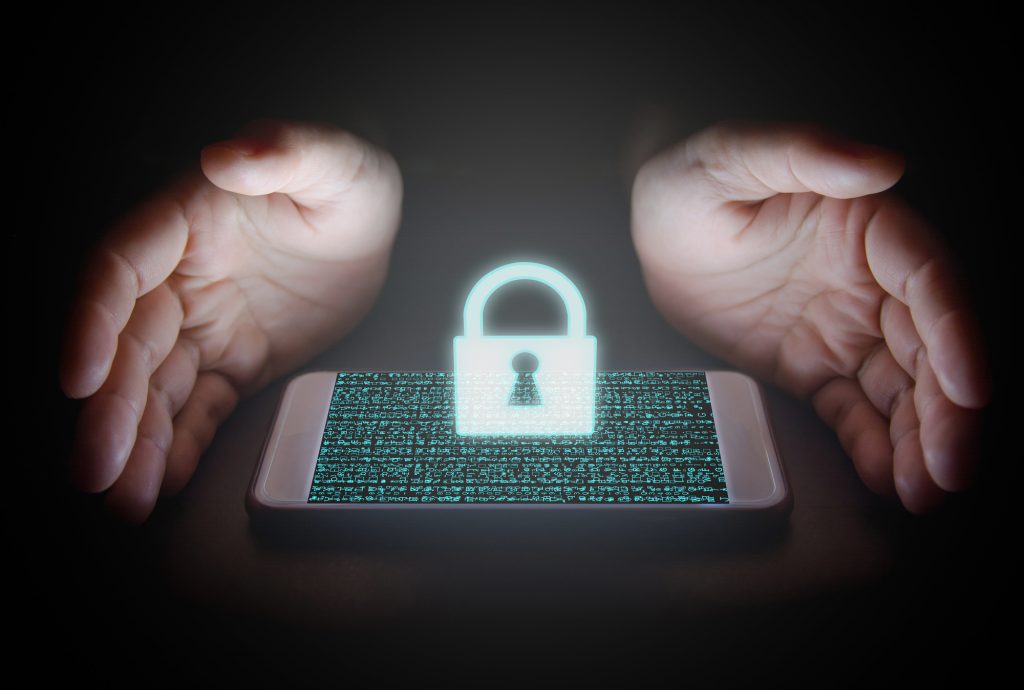You’ve worked hard to get your business where it is. You’re finally making a profit, or perhaps you’ve just hired your first team member. Maybe you feel you’re ready to take the next step and grow by opening another site or taking on additional products. Perhaps you’re just happy to have reached a certain level of profit and turnover. Whatever the case, having that success disrupted by a cybercriminal hacking into your system and stealing money, passwords, and sensitive customer information would be a disaster.
Although this is a very real problem and something that happens to both small and large businesses daily, there are some things you can do to protect yourself from a cyberattack. Read on to find out what some of them are.
Use the Cloud
Cloud computing isn’t just there for people who work remotely, although it is a great way to ensure everyone has access to the files they need, for example. If you do have a remote business, however, you should use these services for getting ongoing agility and also the ideal setup with speed. A cloud file transfer solution will not only protect your business but revolutionize it as well.
On top of this, the cloud is an ideal way to protect important information from a cybercriminal. Anything uploaded to the cloud is automatically encrypted, which is a good start. Plus, it will only be downloaded and unencrypted by someone with the right password – as you can see, this makes it very safe, and if everything is stored on the cloud rather than on your computers and hard drive, it means even if a cybercriminal did get in, there would be nothing for them to take.
Think About Your Passwords
When you make a password for an online account – of which you’ll more than likely have dozens – do you try to make it impossible to guess or do you just stick with the one you use for everything, perhaps with one letter or number varied? Most people will opt for the latter idea as it is easier to remember, but it’s also bad for security. If a hacker guessed one password and all your passwords are the same, they would suddenly have access to everything. Therefore, when you make a password, it must be unique and a combination of letters, numbers, and symbols. This will make it almost impossible to guess. If you think it will also make it impossible to remember, you’re right, but there are tools to help you, such as password management programs.
It’s also important to change your passwords every three to six months. If there is a breach, changing your password means that anyone trying to use it for nefarious reasons will not be able to.
Train Your Team
It won’t help much if you put all these – and other – measures in place if your team doesn’t understand why they are important and overrides or ignores them. They could inadvertently be putting your business at risk.
Offering ongoing training about cybersecurity that explains why it is important and what they need to do is crucial.



